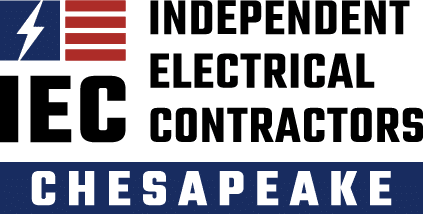If your business operates as an S corporation, partnership, limited liability company, or sole proprietorship, and you want to take full advantage of the provisions of the Tax Cuts and Jobs Act (TCJA), you need to meet with your accountant/tax planner prior to year-end. There is still time to reduce your tax bill.

Bonus Depreciation
Businesses are now allowed to depreciate 100 percent of the cost of qualified new and used property acquired and placed into service in the calendar year 2018, even if the action is taken at the end of December. Unless extended by Congress, this program will phase out by 2023. Keep in mind, however, that by expensing capital assets this year, it will mean no more deductions against income in future years. If you expect to be in a higher personal income tax bracket in future years, this deduction may not be for you.
Heavy (gross vehicle weight rating of more than 6,000 pounds) SUVs, pickup trucks, and vans, used more than 50 percent for business, may qualify for the 100 percent bonus depreciation. Verify with your tax planner what other types of property qualifies for bonus depreciation before making any purchases.
Section 179 Deductions
The Section 179 deduction increased from $510,000 to $1 million under the TCJA. New rules apply to certain improvements to non-residential real estate.
Timing of Business Income and Deductions
The TCJA increased the limit for required accrual basis accounting from a $10 million three-year average annual gross receipts to $25 million. This means that businesses that were required to use the accrual method of accounting may now be eligible for cash-basis accounting, making it easier to time income and expenses by accelerating (or deferring) income or expenses into the next calendar year.
New Deduction for Income from a Pass-Through Entity
The TCJA created a new deduction of up to 20 percent of an entity owner’s qualified business income (QBI) from pass-through entities. This deduction is subject to restrictions that apply to higher income levels, business payroll as a percentage of receipts, and the owner’s taxable income. Certain year-end planning may be required to qualify for the maximum QBI deduction. Also, be aware that certain year-end moves to reduce income may inadvertently reduce your QBI deduction.
Tax-Favored Retirement Plans
Contributions to a retirement plan can provide considerable tax savings. You should consult a retirement planner to determine what types of plans are available to you and your business.
With all the other things on your plate as a business owner, tax planning is easy to overlook. But, there is still time to do some year-end planning that can have a significant impact on the taxes you pay this year and in the future.













